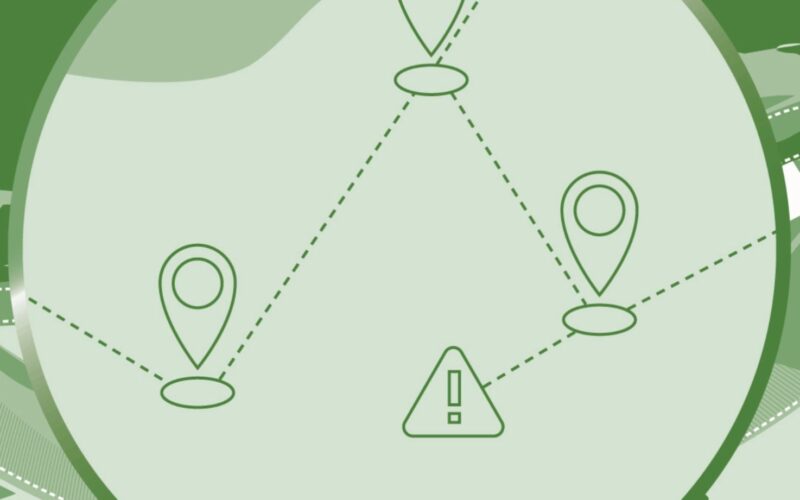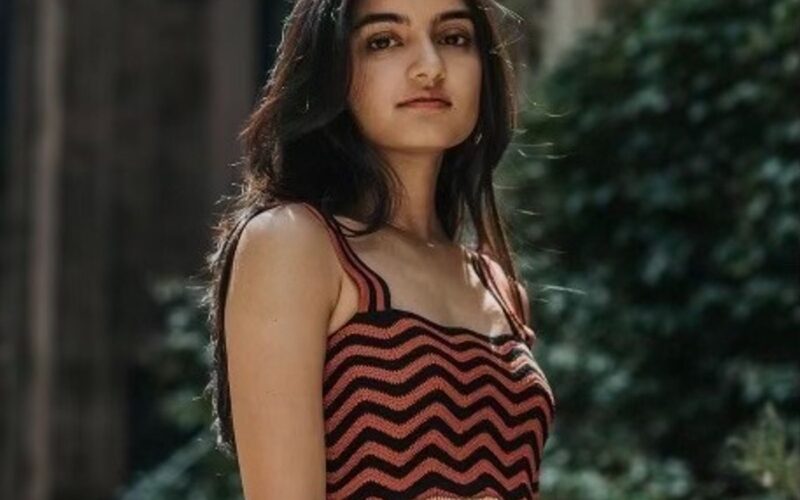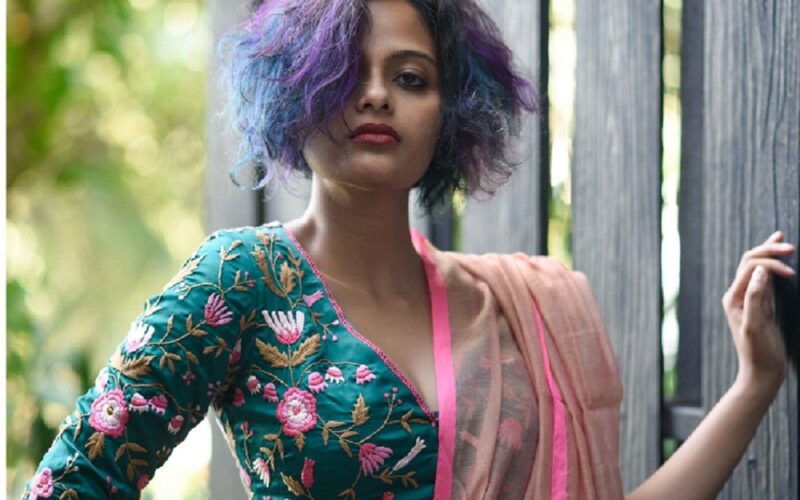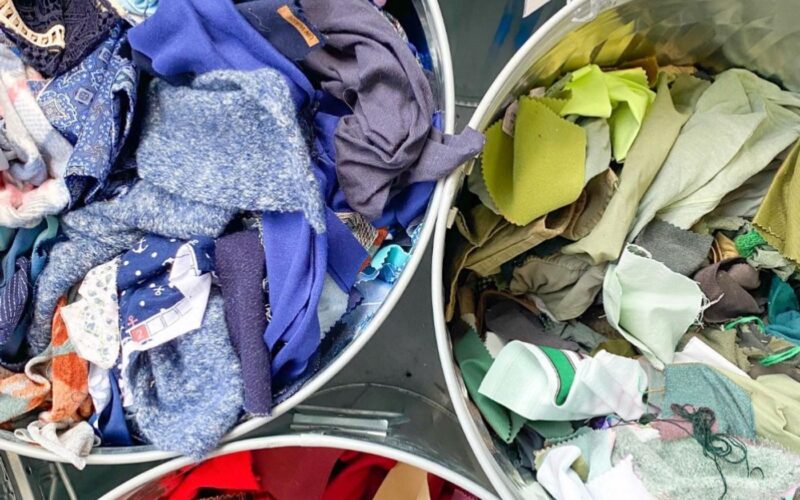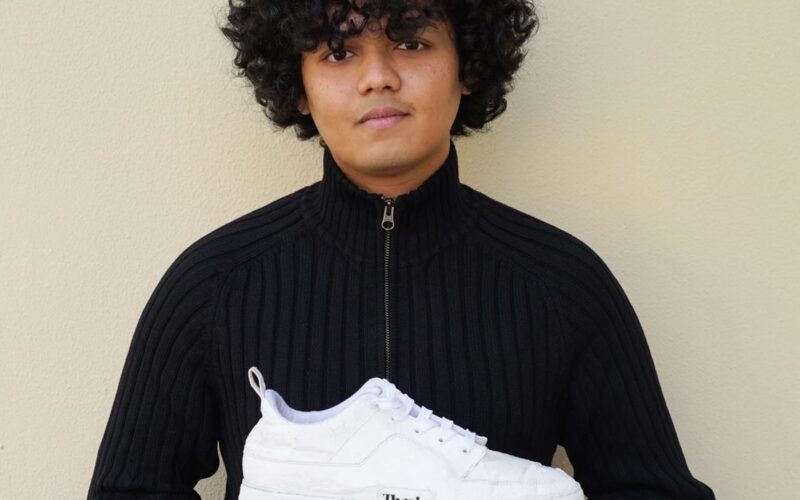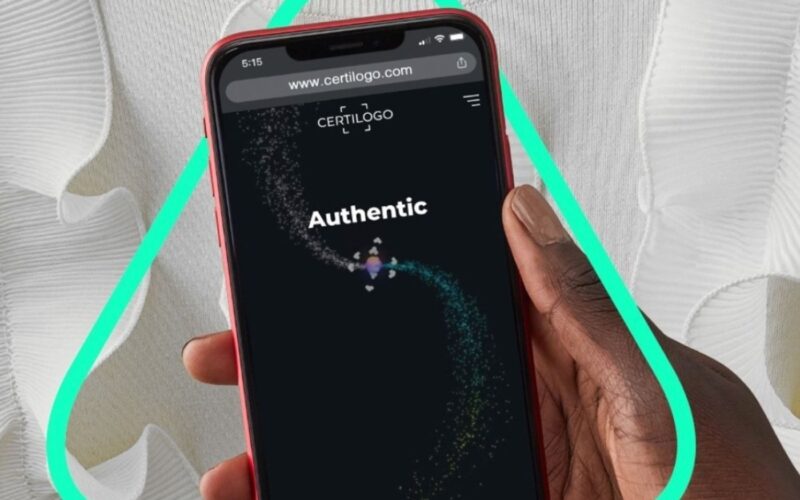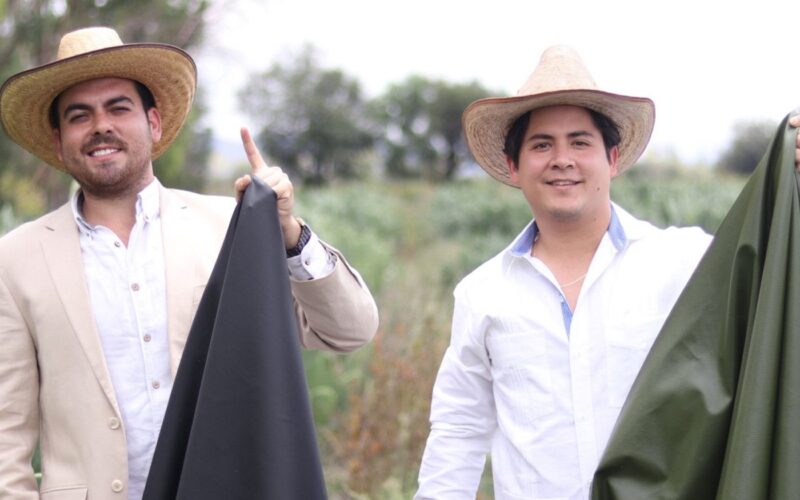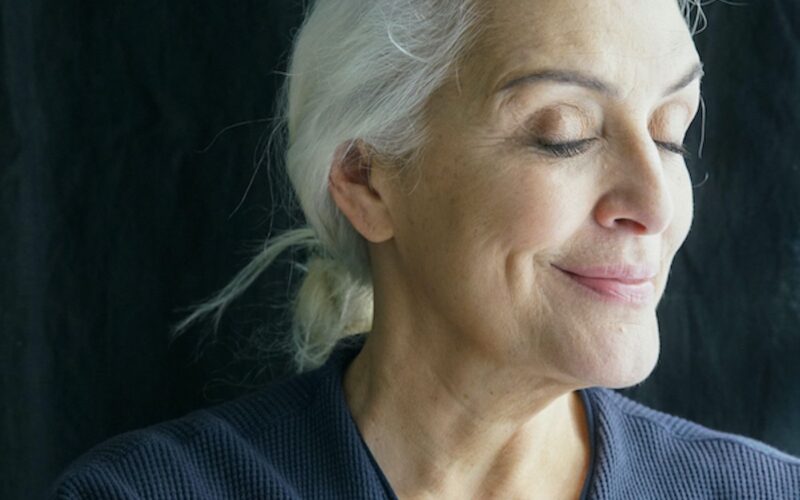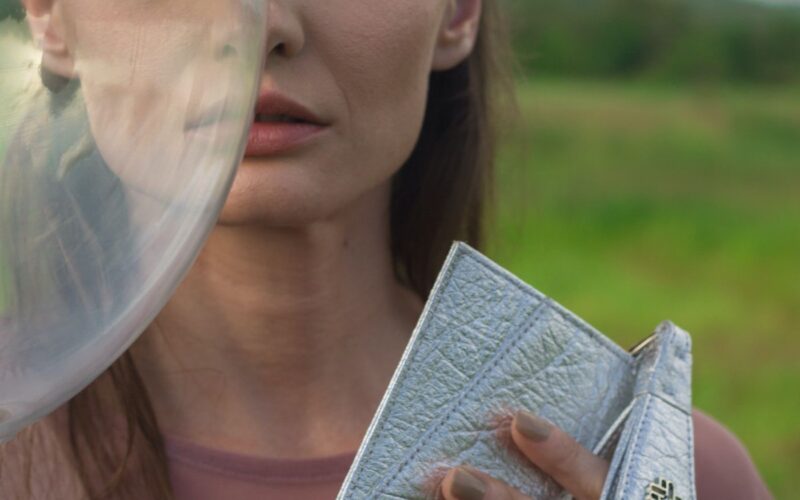10: Trustrace -Tracing For Fashion – Episode 2 of 2
We like to check in with some of our previous guests to see how their business has changed, what goals were achieved and the ones that were not. How they may have pivoted or continued the path they had chosen. It is a pleasure to have Shameek Ghosh, CEO of Trustrace -Tracing for Fashion. He joins us once again from Stockholm, Sweden. We talk about fashion traceability and regulations on this industry in Europe and North America. How they have changed and the impetus for these changes. Conversation about how a responsible and mindful brand can navigate the journey of traceability and abiding by the regulations smoothly. Trustrace offers a path and solution to these brands – from enterprise to mid-sized sustainable businesses. To learn more about their solution listen to the latest episode of Mindful Businesses.
#Trsutrace
#Mindfulbusinessespodcast
#fashionindustry
#sustainablefashion
#traceability
#supplychain
#UFLPA
https://trustrace.com/
https://mindfulbusinessespodcast.com/

